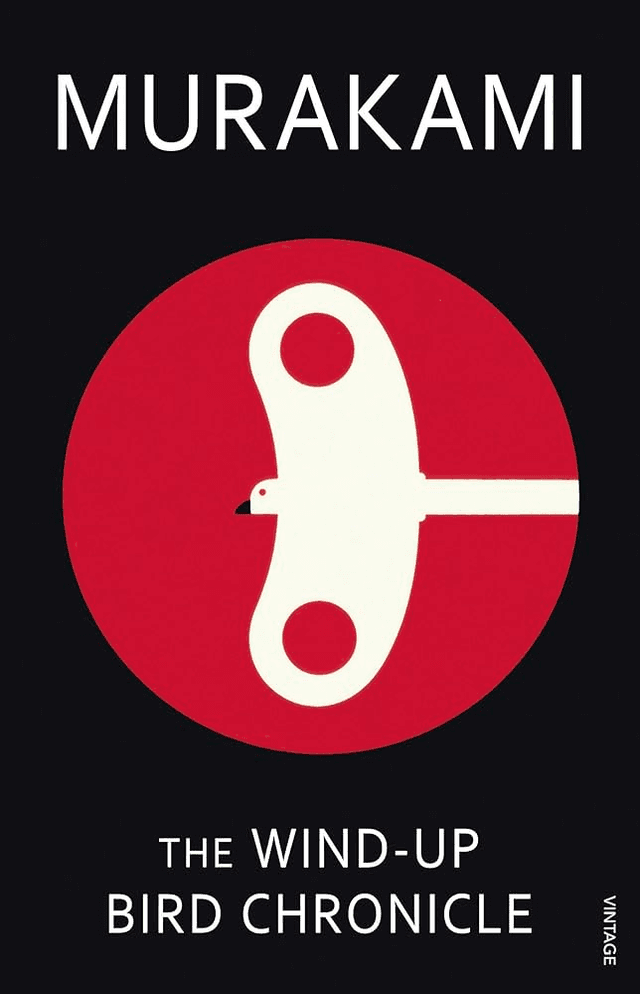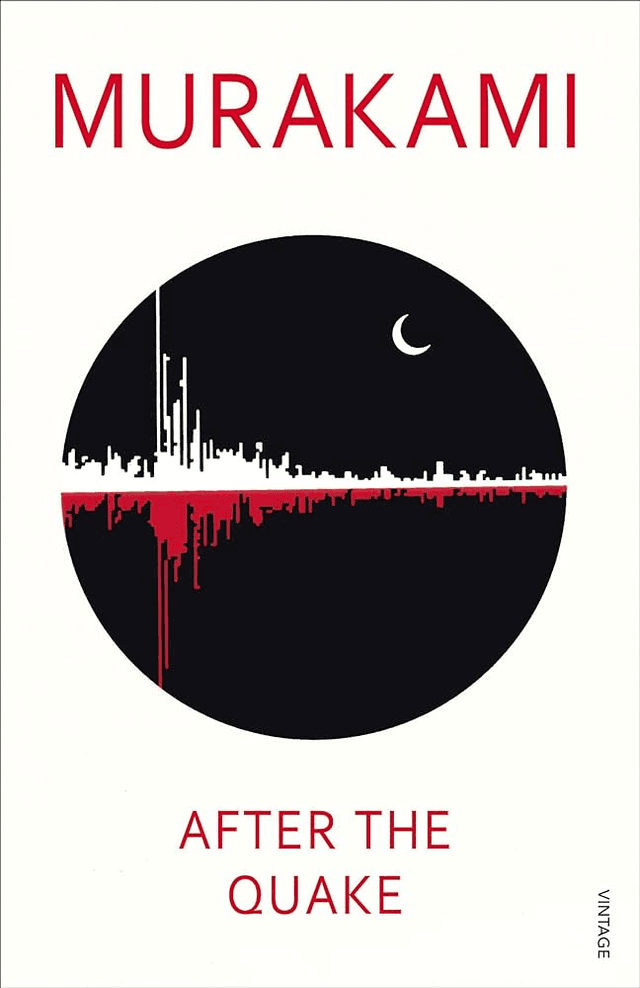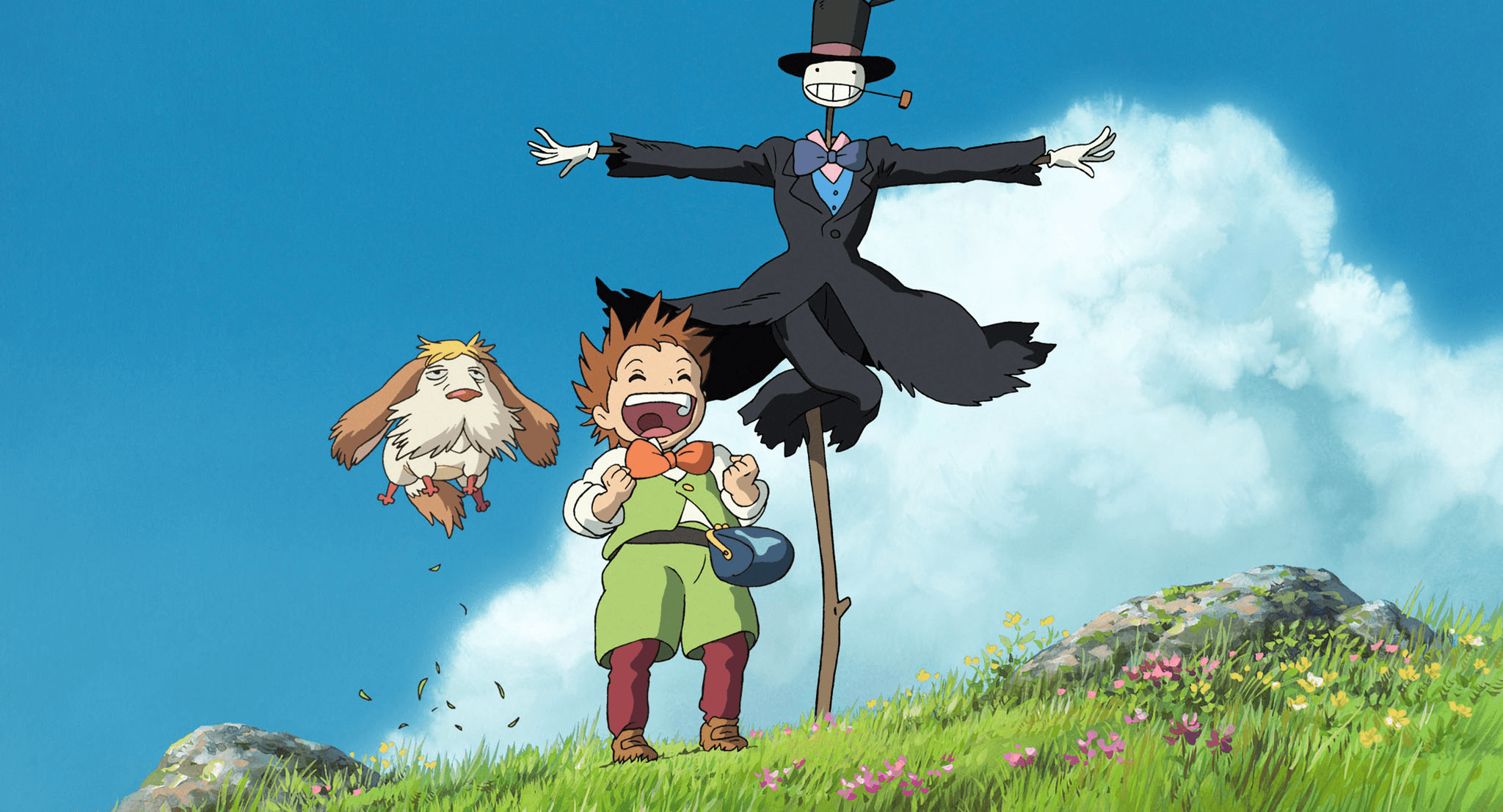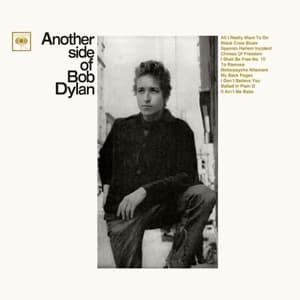The Wind-Up Bird Chronicle vs. After the Quake
The Wind-Up Bird Chronicle
In a Tokyo suburb, a young man named Toru Okada searches for his wife’s missing cat—and then for his wife as well—in a netherworld beneath the city’s placid surface. As these searches intersect, he encounters a bizarre group of allies and antagonists. Gripping, prophetic, and suffused with comedy and menace, this is one of Haruki Murakami’s most acclaimed and beloved novels.
After the Quake
An electronics salesman who has been deserted by his wife agrees to deliver an enigmatic package— and is rewarded with a glimpse of his true nature. A man who views himself as the son of God pursues a stranger who may be his human father. A mild-mannered collection agent receives a visit from a giant talking frog who enlists his help in saving Tokyo from destruction. The six stories in this collection come from the deep and mysterious place where the human meets the inhuman—and are further proof that Murakami is one of the most visionary writers at work today.
Reviews
Reviews
| Item | Votes | Upvote |
|---|---|---|
| Murakami at his best | 1 | |
| Long, captivating read | 1 |
| Item | Votes | Upvote |
|---|---|---|
| They cut out some chapters in the English translation | 1 |
| Item | Votes | Upvote |
|---|---|---|
| No pros yet, would you like to add one? | ||
| Item | Votes | Upvote |
|---|---|---|
| No cons yet, would you like to add one? | ||
Frequently Asked Questions
The Wind-Up Bird Chronicle is highly acclaimed and often considered one of Haruki Murakami's best works. It offers a long, captivating read and showcases Murakami at his best, making it a strong starting point for new readers. However, it has been noted that some chapters were cut out in the English translation. On the other hand, After the Quake is a collection of short stories that may provide a more accessible entry point due to its shorter length and diverse storytelling. Ultimately, if you prefer diving into a complex novel, start with The Wind-Up Bird Chronicle. If you want to sample Murakami's style through shorter narratives, After the Quake is a great choice.
The Wind-Up Bird Chronicle is one of Haruki Murakami’s most acclaimed and beloved novels, often cited as a masterpiece in his bibliography. It features a gripping, prophetic narrative that has garnered high praise from both critics and readers. After the Quake, while also well-regarded, does not typically receive the same level of acclaim as The Wind-Up Bird Chronicle. Therefore, if critical acclaim is a deciding factor for you, The Wind-Up Bird Chronicle would be the better choice.
Both The Wind-Up Bird Chronicle and After the Quake offer surreal elements characteristic of Haruki Murakami's writing. The Wind-Up Bird Chronicle delves into a netherworld beneath Tokyo's surface, filled with bizarre characters and mysterious events, providing a deeply immersive surreal experience. After the Quake, being a collection of short stories, also explores surreal themes, such as a giant talking frog and enigmatic packages, but in a more fragmented manner. If you are looking for a continuous, surreal narrative, The Wind-Up Bird Chronicle would be the better choice. For varied and shorter surreal stories, After the Quake is ideal.
'The Wind-Up Bird Chronicle' by Haruki Murakami is about a young man named Toru Okada who searches for his wife’s missing cat—and then for his wife as well—in a netherworld beneath the city’s placid surface. As these searches intersect, he encounters a bizarre group of allies and antagonists. The novel is gripping, prophetic, and suffused with comedy and menace.
Pros of 'The Wind-Up Bird Chronicle' include that it showcases Murakami at his best and is a long, captivating read. However, a con is that some chapters were cut out in the English translation.
'After the Quake' is a collection of six short stories by Haruki Murakami. The stories revolve around characters dealing with the aftermath of the Kobe earthquake. An electronics salesman who has been deserted by his wife agrees to deliver an enigmatic package; a man who believes he is the son of God pursues a stranger who may be his human father; and a mild-mannered collection agent receives a visit from a giant talking frog who enlists his help in saving Tokyo from destruction. These stories explore the deep and mysterious intersection of the human and the inhuman.
'After the Quake' is authored by Haruki Murakami, a renowned Japanese writer known for his unique blend of surrealism, magical realism, and contemporary themes. He is one of the most visionary writers at work today.
The main themes in 'After the Quake' include human vulnerability, the impact of natural disasters, existentialism, and the intersection between the human and the inhuman. Murakami explores how these events shape the characters' lives and their perceptions of reality.
'After the Quake' belongs to the genres of literary fiction and magical realism. The stories often contain surreal and fantastical elements that blur the lines between reality and imagination.





















